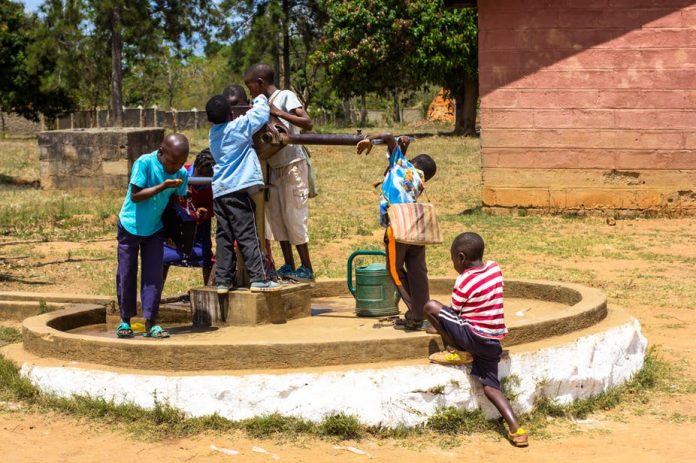By Sam Jones
Sitting in front of a class of 20 young students at a private technical-vocational college on the edge of Maputo, the capital city of Mozambique, I cannot help but reflect on the fervent social media debates regarding the Royal Swedish Academy of Sciences award of the 2019 Nobel Prize in economics.
The committee made a worthy choice. It recognised the growing importance of practical experimental work in the field of development. Even so, it is not self-evident that the bulk of gains in knowledge that will support more effective social and economic policies in the developing world are going to start and end with experiments.
My engagement with technical students in Mozambique is part of a baseline survey of their ‘school to work’ experiences. We are collecting information on the young students’ backgrounds. We are doing some short psychometric tests and asking about their expectations for the future. Over the course of next year, we will be following up with them, plus the rest of the planned sample of 2,000 final year students, to find out what kind of work they have been able to get, or what else they are doing.
Those familiar with the challenges of youth employment in sub-Saharan Africa will recognise the relevance of this type of study. As elsewhere, Mozambique’s demographic structure means that hundreds of thousands of young people are entering the labour market every year, but good jobs seem few and far between. Aside from anecdotes and ‘guesstimates’, little is known about what is really happening in the labour market here, or about the pathways leading to different job outcomes. The last comprehensive labour force survey was undertaken in 2005 and the last national household survey in 2014/15, just before a debt-fuelled economic crisis erupted.



